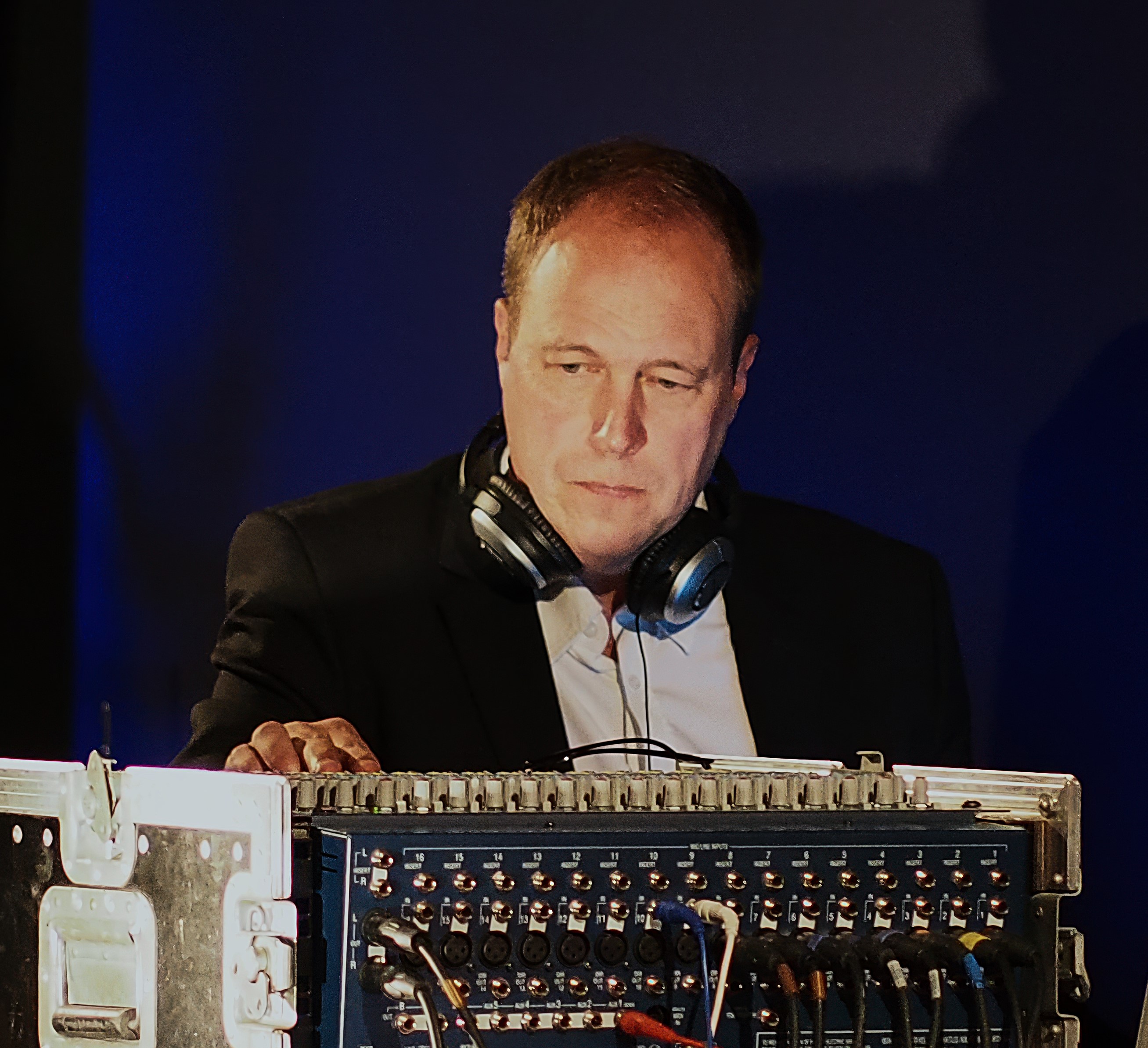Erik Honoré - "Temporary Empire"
 “Temporary Empire“
“Temporary Empire“
“Temporary Empire“ is a music and spoken word project exploring themes of memory, impermanence, and connection. Built around layered soundscapes, text, and live performance, the piece invites audiences into a “temporary nation” of sound and story—where isolation gives rise to improvised community and fragile human bonds. With a non-linear structure and collage-based approach, “Temporary Empire“ weaves together textures of language, field recordings, samples and instruments to evoke a space of reflection and resonance.
The project is currently under development, with ensemble and remote-collaborators to be announced closer to the festival.
Erik Honoré
After working for many years as a collaborator with artists like Jan Bang, David Sylvian, Sidsel Endresen, Eivind Aarset and Arve Henriksen, Punkt co-founder Erik Honoré released his first solo album “Heliographs” on the Hubro label in 2014. The album was positively received, Uncut Magazine highlighting its “artisan delicacy and nerve-tingling beauty”, and Dagens Næringsliv calling it “beautiful and inviting music which challenges the listeners’ traditional understanding of song structure”.
In 2017, Honoré released the follow-up, “Unrest”, and last September saw “Triage“ released to critical acclaim.
Apart from releases under his own name, Erik Honoré has contributed to around 50 recordings, notably “Uncommon Deities” by Jan Bang / Erik Honoré with David Sylvian, Sidsel Endresen and Arve Henriksen; the Punkt album “Crime Scenes”; “Punkt Live Remixes vol. 1” with Jan Bang, Jon Hassell and Sidsel Endresen; David Sylvian’s albums “Died in the Wool”, “The Blemish Remixes” and “Camphor”; and as a co-composer/-producer on several Arve Henriksen albums including “Chiaroscuro”, “Cartography” and “Places of Worship”.
Erik Honoré has performed live with, among others, Jon Hassell, Sidsel Endresen, Nils Petter Molvær, David Sylvian and Arve Henriksen. Together with Jan Bang, he has brought the Punkt concept to more than 25 cities around the world. He has also composed music for films and written three novels published by Norway’s largest publisher, Gyldendal.
“Triage“ reviews
«Prepare yourself for music that will barely keep you in your seat, encouraging you to – often simultaneuosly – float, dance and sink into it. Erik Honoré’s ‘Triage’ is a journey in nine stages, grooving and swirling from power spot to power spot.»
- Michael Engelbrecht, Deutschlandfunk (Best Albums of 2024)
«Playing with the idea of triage in both its battlefield sense and through the themes of urgency, recovery and the prioritisation of those things we cherish, Honoré has created an album that is at once challenging and immersive. Using sound in much the same way as a visual artist uses paint, Honoré mixes, layers and edits his musical sources into coherent compositions, each with its own particular characteristics and mood. Nils Petter Molvær is majestic on the single Prague, while Henriksen is in equally stunning form on The Cantos.»
- Fred Grand, Jazz Journal
«An instrumental piece called “Prague”, featuring Molvaer’s trumpet over Bjørn Charles Dreyer’s guitar and Mats Eilertsen’s treated double bass, is particularly striking, as is “In the Station of the Metro”, in which Henriksen’s breathy trumpet emerges between Pound’s lines and Honoré’s manipulated samples with typical probing grace.»
- Richard Williams, The Blue Moment
«The Norwegian composer closes the trilogy that began with “Heliographs“ in 2014 (three years later the wonderful “Unrest“ was released) with “Triage“, a delicate and refined album. Triage is an intense record, a work that must be discovered step by step, track by track. You just have to tighten the tourniquet, and not give up.»
- Off Topic Magazine
«The album features extensive vocals, with lyrics by Honoré as well as poignant and impactful excerpts from poems by renowned figures like Ezra Pound and Emily Dickinson, skillfully delivered by various voices that leave a lasting impression. This elevates the music beyond mere comfort, should one choose to see it that way, transforming it into something one actively engages with on a more fundamental level.»
- Filip Roshauw, Jazznytt / Now’s The Time
Photo by Ruben Olsen Lærk
